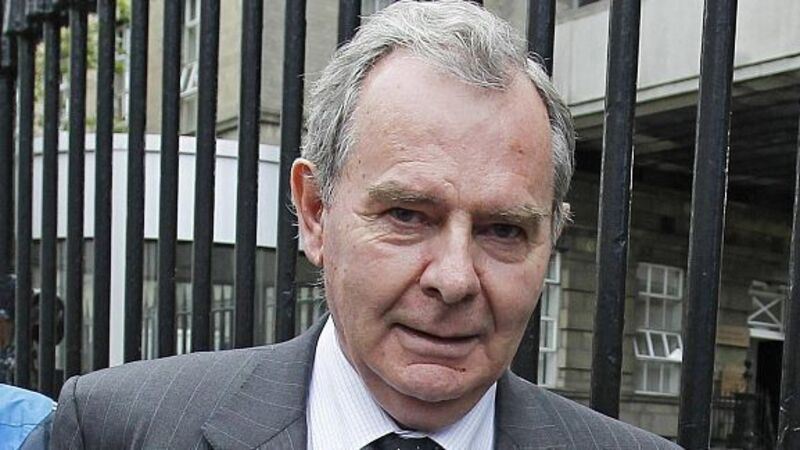Quinns to sue Central Bank and department

The move means the actions of the regulators relating to the loans will now be subject to scrutiny by the courts.
Patricia Quinn and her five children withdrew their application to join the department and Central Bank, in their capacity as regulators, as co-defendants in their action against IBRC, formerly Anglo, denying liability for the loans.













